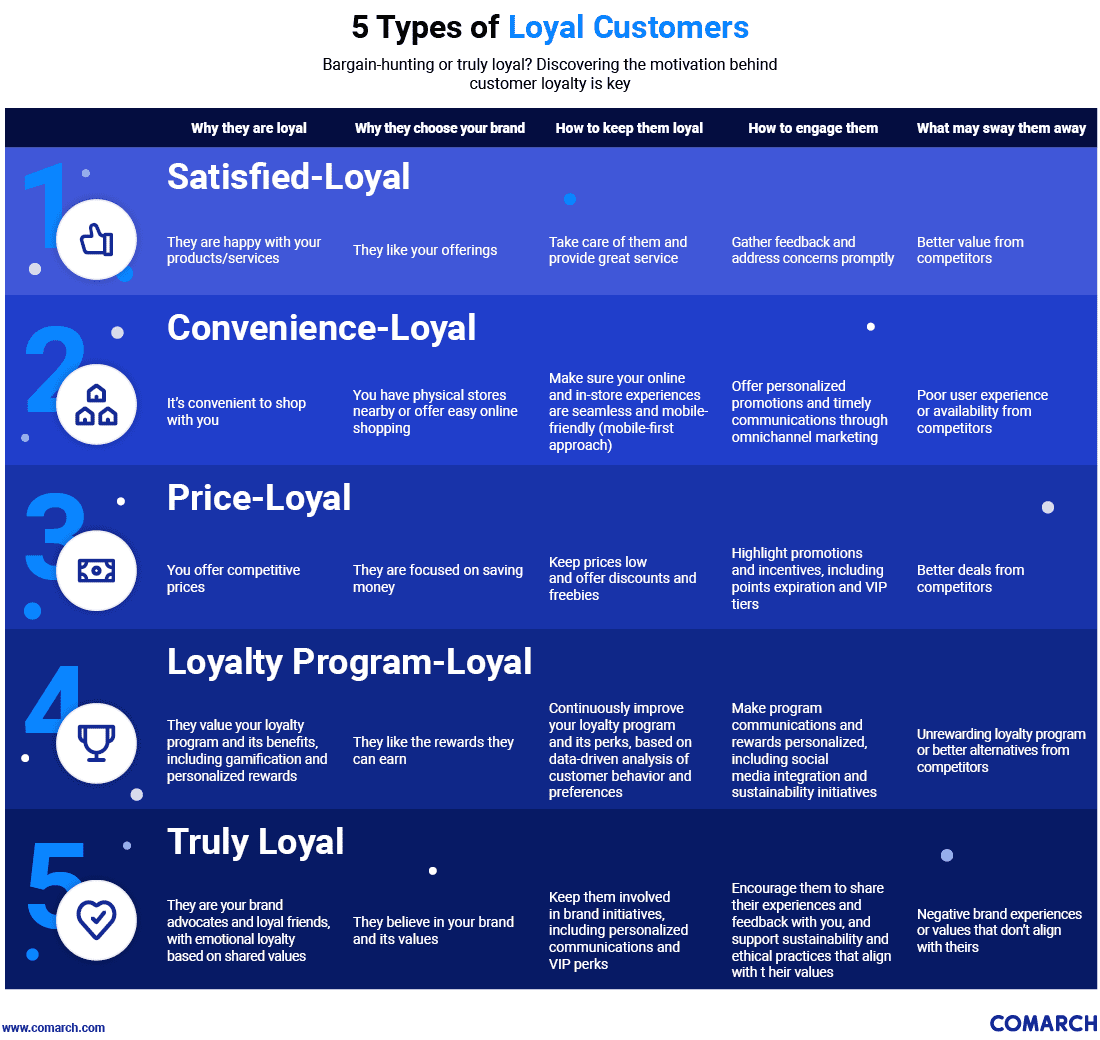Exploring Canadian Watercraft: Tips and Trends
Discover the latest in Canadian watercraft – from Lake Ontario fishing boats to kayaking in the Rockies.
Loyalty Scoring Algorithms: Your Brand's New Best Friend
Unlock the power of loyalty scoring algorithms to supercharge your brand's customer retention and boost profits like never before!
Understanding Loyalty Scoring Algorithms: How They Empower Your Brand
In today's competitive landscape, loyalty scoring algorithms have emerged as essential tools that empower brands to cultivate stronger relationships with their customers. These algorithms analyze various data points—such as purchase history, customer interactions, and demographic information—to assign a loyalty score to each customer. By understanding these scores, brands can tailor their marketing strategies to engage with their audience more effectively. For instance, a customer with a high loyalty score might receive exclusive discounts, while those with lower scores could be targeted with personalized offers that encourage repeat business.
Furthermore, leveraging loyalty scoring algorithms allows businesses to segment their customer base efficiently, enabling precision in communication and resource allocation. Companies can categorize their customers into different loyalty tiers—such as promoters, loyalists, and at-risk customers—and develop specific retention strategies for each group. For example, brands might send appreciation messages to promoters to strengthen their bond, while launching re-engagement campaigns for at-risk customers. Ultimately, by mastering these algorithms, brands not only enhance the customer experience but also drive sustainable growth and loyalty.

Counter-Strike is a highly popular multiplayer first-person shooter that has captivated gamers since its inception. Players are divided into teams, typically terrorists and counter-terrorists, and engage in various objective-based game modes. To enhance gameplay, many players look for ways to maximize their in-game experience, such as using a duel promo code to unlock additional features and benefits.
The Benefits of Implementing Loyalty Scoring Algorithms in Your Marketing Strategy
Implementing loyalty scoring algorithms in your marketing strategy can transform how you engage with your customers. By analyzing customer behaviors and preferences, these algorithms help identify high-value customers, allowing businesses to tailor their marketing efforts effectively. This targeted approach not only enhances customer satisfaction but also increases retention rates. Furthermore, understanding customer loyalty through data-driven insights can lead to better resource allocation, optimizing marketing budgets for maximum return on investment.
Moreover, incorporating loyalty scoring algorithms enables businesses to create personalized experiences that resonate with individual customer preferences. For instance, by segmenting customers based on their loyalty scores, companies can send customized promotions, rewards, and content that appeal directly to specific audience segments. This level of personalization fosters a stronger emotional connection with the brand, ultimately leading to increased customer lifetime value. By leveraging these algorithms, businesses can build a loyal customer base that drives sustained growth and profitability.
How Do Loyalty Scoring Algorithms Influence Customer Retention?
In today’s competitive market, understanding how loyalty scoring algorithms influence customer retention is essential for businesses striving for lasting success. These algorithms analyze various customer behaviors and interactions, assigning a score that reflects a customer’s loyalty level. By utilizing data such as purchase history, frequency of visits, and engagement with marketing campaigns, businesses can create targeted strategies that cater to different segments of their customer base. This not only helps in personalizing the customer experience but also significantly boosts retention rates.
Moreover, the implementation of loyalty scoring algorithms allows companies to identify at-risk customers who may be on the verge of churn. By recognizing patterns in their behavior, businesses can proactively reach out with tailored incentives, such as exclusive offers or personalized communications, to re-engage these customers. Implementing such data-driven approaches cultivates a deeper connection and fosters brand loyalty, ultimately leading to improved customer retention. As the digital ecosystem evolves, leveraging the power of these algorithms will become increasingly crucial for businesses aiming to thrive in the long term.